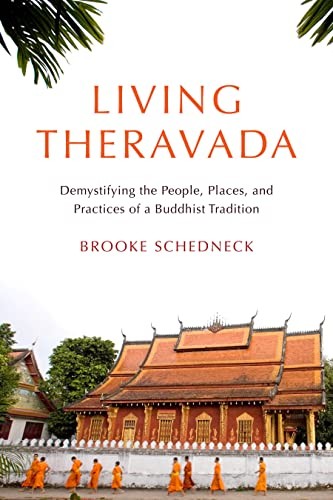chadkoh finished reading The Wisdom of Crowds by Joe Abercrombie (The Age of Madness, #3)

The Wisdom of Crowds by Joe Abercrombie (The Age of Madness, #3)
Chaos. Fury. Destruction.
The Great Change is upon us...
Some say that to change the world you must …










